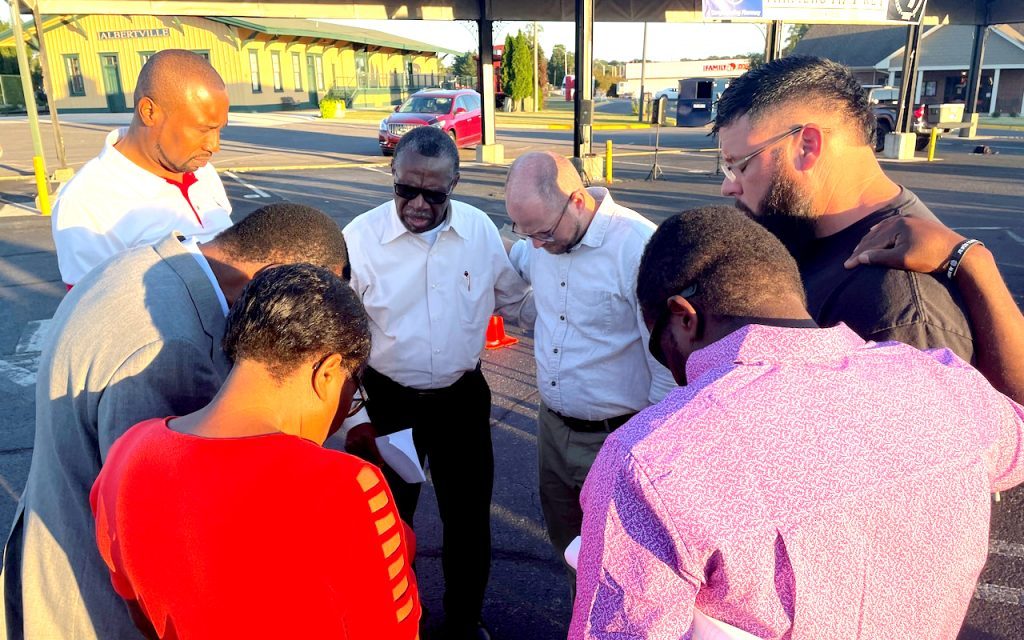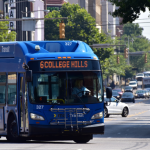SPEAKIN’ OUT NEWS
Longtime Albertville pastor Johny Pierre-Charles frequently receives calls from migrants in Alabama who are fearful of leaving their homes due to growing hostility toward the city’s Haitian community.
“They’re asking what will happen after the election and whether they should consider moving to Canada,” Pierre-Charles shared with The Atlantic’s Elaina Plott Calabro.
In August, images of Haitian immigrants being transported to and from a poultry processing plant in Albertville sparked public concern about the workers’ origins, leading to what local officials described as “baseless accusations and harmful rhetoric,” as reported by AL.com’s William Thornton.
This controversy led to a series of community meetings and the creation of a non-profit organization aimed at addressing concerns.
In Athens and Sylacauga, residents have voiced particular worry over immigrant workers, citing fears about crime rates, overcrowded schools, and housing issues. However, local officials pointed out that Haitian immigrants represent only a small fraction of the population, and there has been no rise in crime since the influx of migrants following political unrest in Haiti, Thornton noted.
“There are differing views on this situation in our community,” said Jeff Lamour, an Albertville businessman of Haitian descent. “But many of us are committed to creating a place of peace, where people are welcomed to settle down and be the families God has called them to be.”
In September, Alabama Attorney General Steve Marshall met with law enforcement in Talladega County after former President Donald Trump made unfounded claims in Ohio about Haitian immigrants eating their neighbors’ pets.
“It was embarrassing,” Sylacauga Mayor Jim Heigl told Calabro. “He met with our county’s task force, sheriffs, and police investigators—and found nothing to support the claims.”
Last month, Lamour organized a prayer rally attended by over 100 people from a mix of Haitian, Hispanic, and white congregations in a show of unity and healing for the Albertville community.
“We aim to reeducate people and help integrate immigrants into our community,” Lamour said.
The Haitian community’s growth in Alabama has also been driven by instability in Haiti, where political unrest and violence have forced many to flee. Many migrants are coming to Alabama under a U.S. immigration program that allows individuals to enter the U.S. for work. However, some Haitian migrants have reported exploitation, with landlords charging exorbitant rents for substandard housing, and labor trafficking has also been a concern raised by local advocates.
Jeff Lamour, an Albertville resident of Haitian descent, added a perspective on the exploitation of migrants: “You go to a house with no plumbing, no air conditioning, that’s run down, and then you take a Haitian newcomer, and you put them inside that house, and you charge them $2,000 a month,” Lamour said, highlighting the substandard conditions and high rents some migrants face.
Pastor Johny Pierre-Charles reflected on the impact of cultural misunderstandings in the community: “I would never say it’s racist here. Alabama is the best place to live. It’s the truth,” he explained, emphasizing that many of the issues stem from cultural differences rather than racial tensions.
Efforts to ease tensions include initiatives like prayer rallies and creating non-profits to support the Haitian community’s integration into local society.










